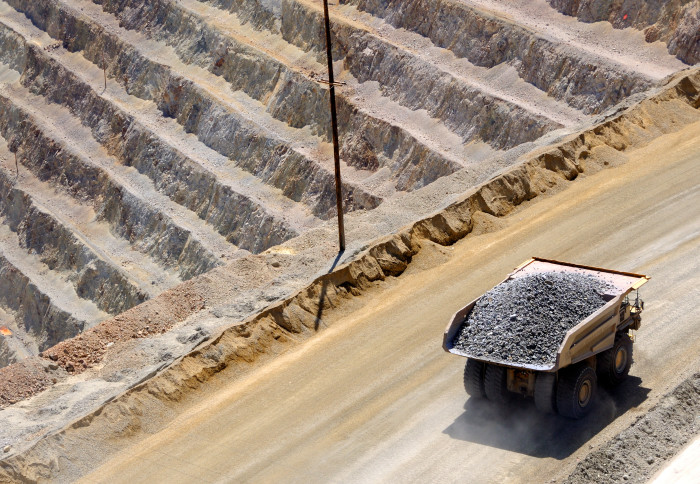Material supply challenges could hamper energy transition, report warns

Climate targets could be put at risk if action is not taken to strengthen and diversify the supply of critical raw materials, researchers have warned.
A new report published by Energy Futures Lab and the UK Energy Research Centre (UKERC) concluded that while lithium, cobalt, tellurium and copper are available in significant quantities, difficulties in accessing, processing or recycling them could result in a failure to roll out clean energy technologies fast enough to meet emissions targets.
Demand for these elements, used in everything from electric cars to solar panels, is growing rapidly as global efforts to decarbonise accelerate, but the report highlights potential supply chain difficulties and challenges relating to the geographical concentration of materials.
“We have no reason to believe that these materials will run out in the near term but there is a question mark over our ability to extract and process them at the scale we’re going to need over the next few decades,” says Dr Phil Heptonstall, Research Fellow at the Centre for Environmental Policy and co-author of Materials for Energy.
The problem is compounded by the very long lead times typically required to develop new extraction and production projects and, given the global nature of the materials industry, policy measures to influence production are limited.
The UK is home to a dynamic novel materials research community that is producing significant, high-quality R&D. Dr Aidan Rhodes Research Fellow, Energy Futures Lab
The report, however, calls for reforms of planning regulations and new financial incentives to ensure that extraction and production projects keep pace with demand and highlights the need to bolster the search for novel materials that can replace or complement traditional materials.
It recommends the establishment of a dedicated UK resource for materials testing, including degradation testing, benchmarking and certification, as well as greater access to venture capital, testbeds and demonstration platforms.
“The UK is home to a dynamic novel materials research community that is producing significant, high-quality R&D, but leveraging this research is often inefficient, and the community faces difficulties in navigating technology transfer and partnerships with private industry,” says co-author Dr Aidan Rhodes, Research Fellow at Energy Futures Lab.
“It needs to be made much easier for companies and academia to work together. We could do this by reducing administrative hurdles, improving open access to reports and datasets, and encouraging universities to consider the value of long-term partnerships with industry.”
The report also calls for speculative research to be funded with fewer concerns about immediate results and highlights the need for a greater focus on research continuity and the training of future researchers.
“Materials is a field that really benefits from ‘blue-sky’ speculative research and testing”, says co-author Dr Jamie Speirs, Research Fellow at the Centre for Environmental Policy. “Material properties can be non-intuitive, and breakthroughs can come from unexpected places, so it’s important that we keep the pathways to discovery open.”
Materials for Energy, published by Energy Futures Lab and UKERC, can be downloaded here.
Article text (excluding photos or graphics) © Imperial College London.
Photos and graphics subject to third party copyright used with permission or © Imperial College London.
Reporter
Conor McNally
The Grantham Institute for Climate Change